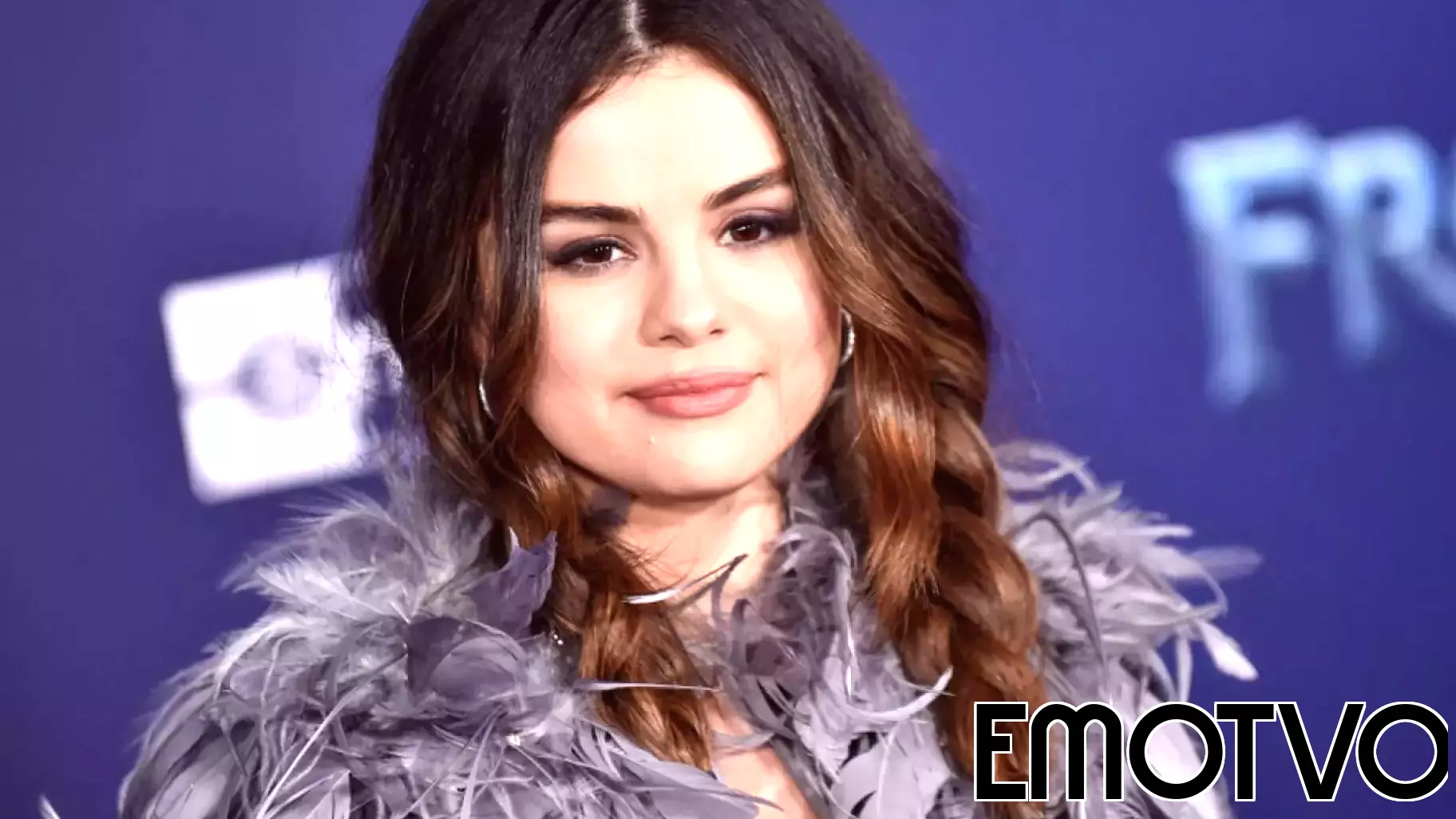Evolution of Mental Health Representation in Pop Culture
December 5, 2024 - 20:25

Generational shifts in pop culture have significantly influenced our understanding of mental health, transforming the way society perceives and discusses mental illness. In earlier decades, characters representing mental health issues were often depicted in a stigmatized manner, reinforcing negative stereotypes and fears. These portrayals contributed to a culture of silence and misunderstanding surrounding mental health challenges.
However, as society has evolved, so too have the representations of mental illness in media. Today, we see a growing trend toward more empathetic and empowering figures that resonate with audiences. Characters facing mental health struggles are often portrayed with depth and complexity, allowing for a more nuanced understanding of their experiences. This shift not only helps to destigmatize mental illness but also fosters a sense of community and support among viewers.
As pop culture continues to evolve, it plays a crucial role in shaping public perception, encouraging open conversations about mental health, and promoting acceptance and understanding across generations.
MORE NEWS

March 1, 2026 - 00:56
Kids Today: Thoughts From Research, Practice, and the ClassroomA growing consensus among educators, researchers, and child development experts emphasizes a crucial shift in how society views younger generations. The prevailing narrative suggests that children...

February 28, 2026 - 13:15
Psychology says people who have few close friends often crave depth so intensely that small talk starts to feel like lonelinessModern social life often feels like a whirlwind of casual interactions, yet for many, these exchanges leave a profound sense of emptiness. Psychological insight reveals that individuals with a...

February 27, 2026 - 21:28
App State's Dr. JP Jameson honored for advancing rural mental health care across Western NCDr. John Paul “JP” Jameson, a professor of psychology at Appalachian State University, has been named a recipient of the prestigious 2025 Gov. James E. Holshouser Jr. Award for Excellence in...

February 27, 2026 - 09:54
If You Secretly Resent Wealthy People, Psychology Says These 11 Childhood Experiences May Explain ItThe unease or resentment some feel toward the affluent is often more than simple envy. Psychologists suggest these feelings can be deeply rooted in formative childhood experiences, serving as...